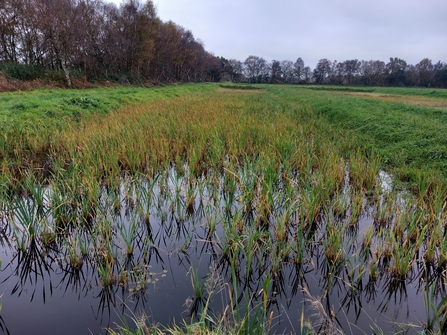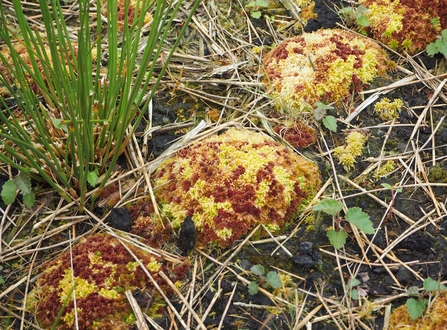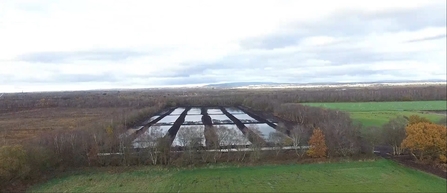The Palus Demos project is bringing together 26 partners from across Europe to provide the real world data, research and evidence that is needed by farmers, landowners and policy makers to help get wetter farming (also known as paludiculture) from “interesting idea, let’s trial it” to creating a realistic, profitable, productive and most of all sustainable way to manage our precious lowland agricultural peatlands, both now and in the future.
Wetter farming is the practice of restoring the naturally higher water table of peatlands which have previously been drained and converted to agricultural land, and then growing commercial crops that thrive in these wetter conditions. This helps to reduce the greenhouse gas emissions which are released when carbon rich peatlands are drained, but by developing ways to keep these areas farmed means that farmers and landowners keep an income stream, and the land remains productive into the future.




